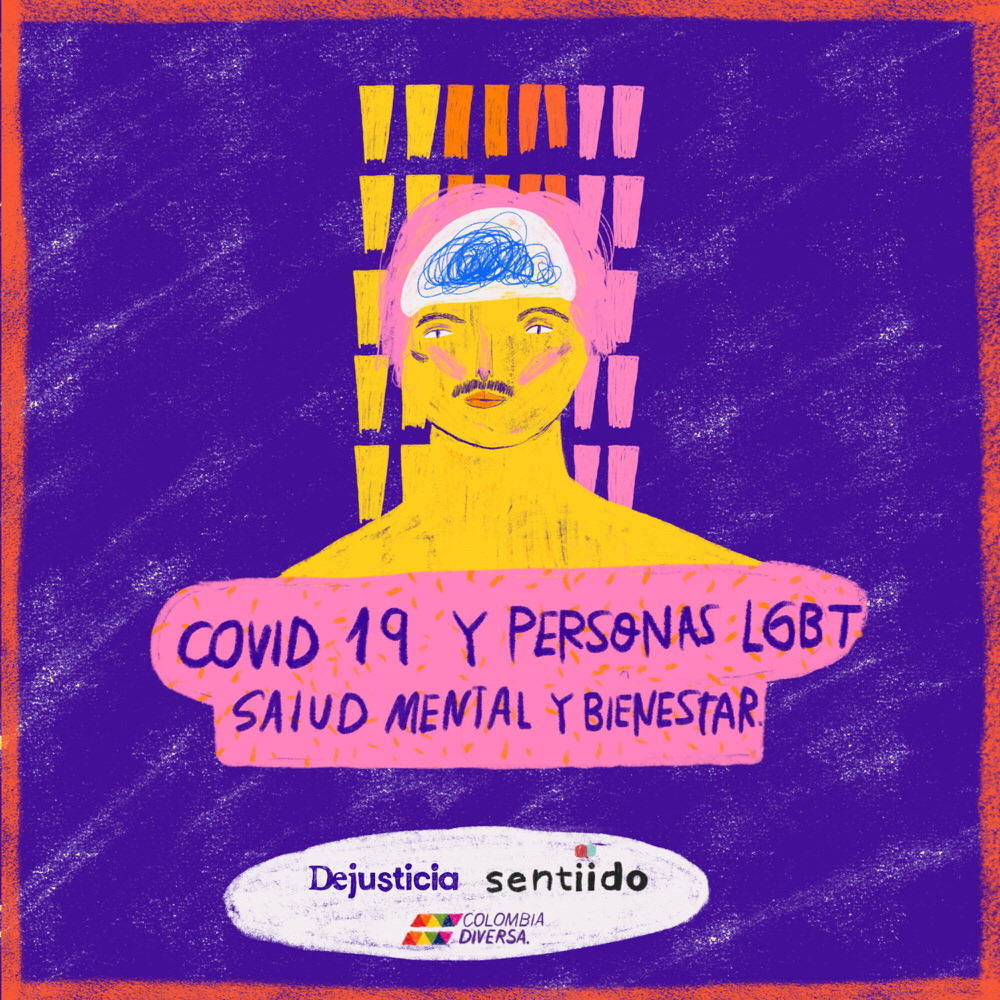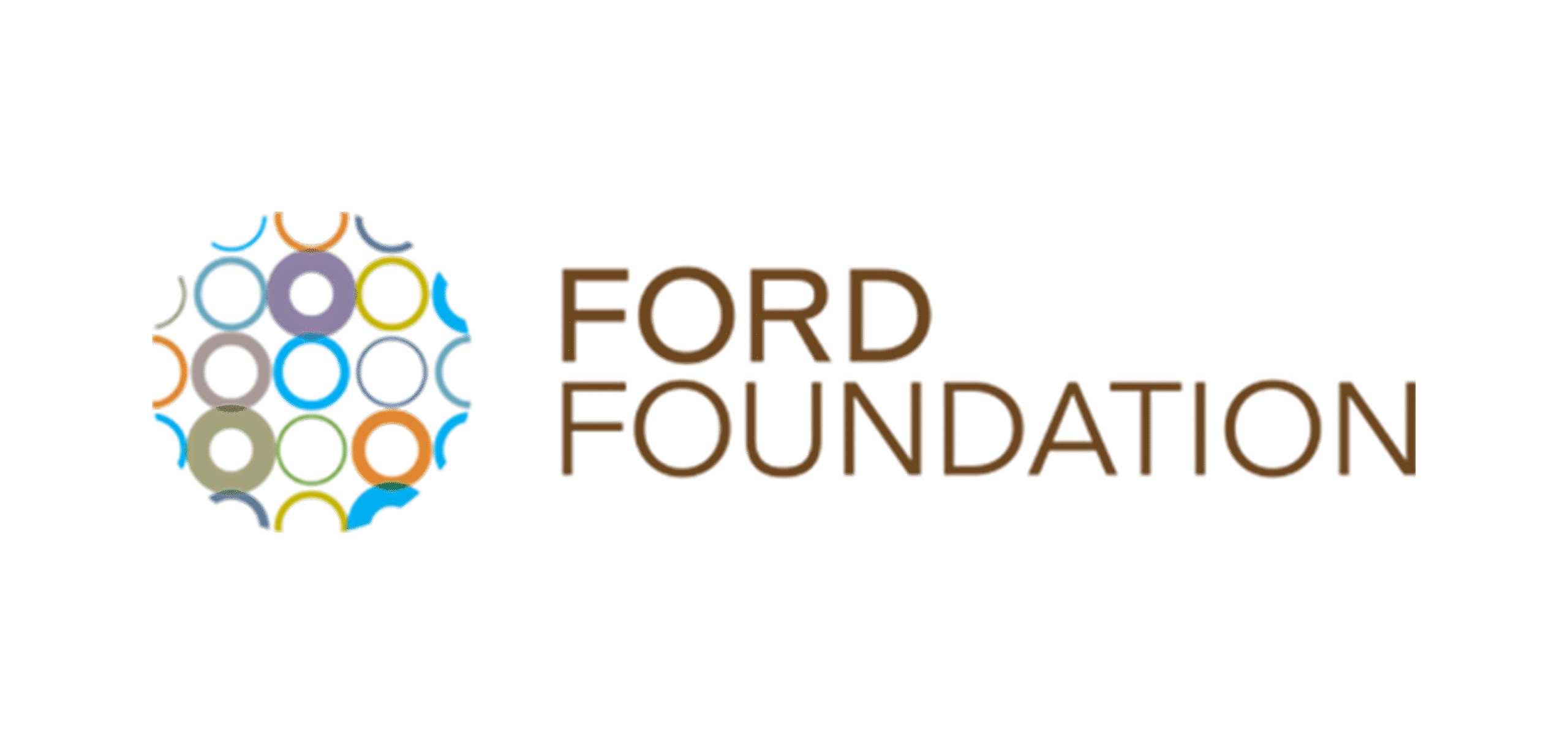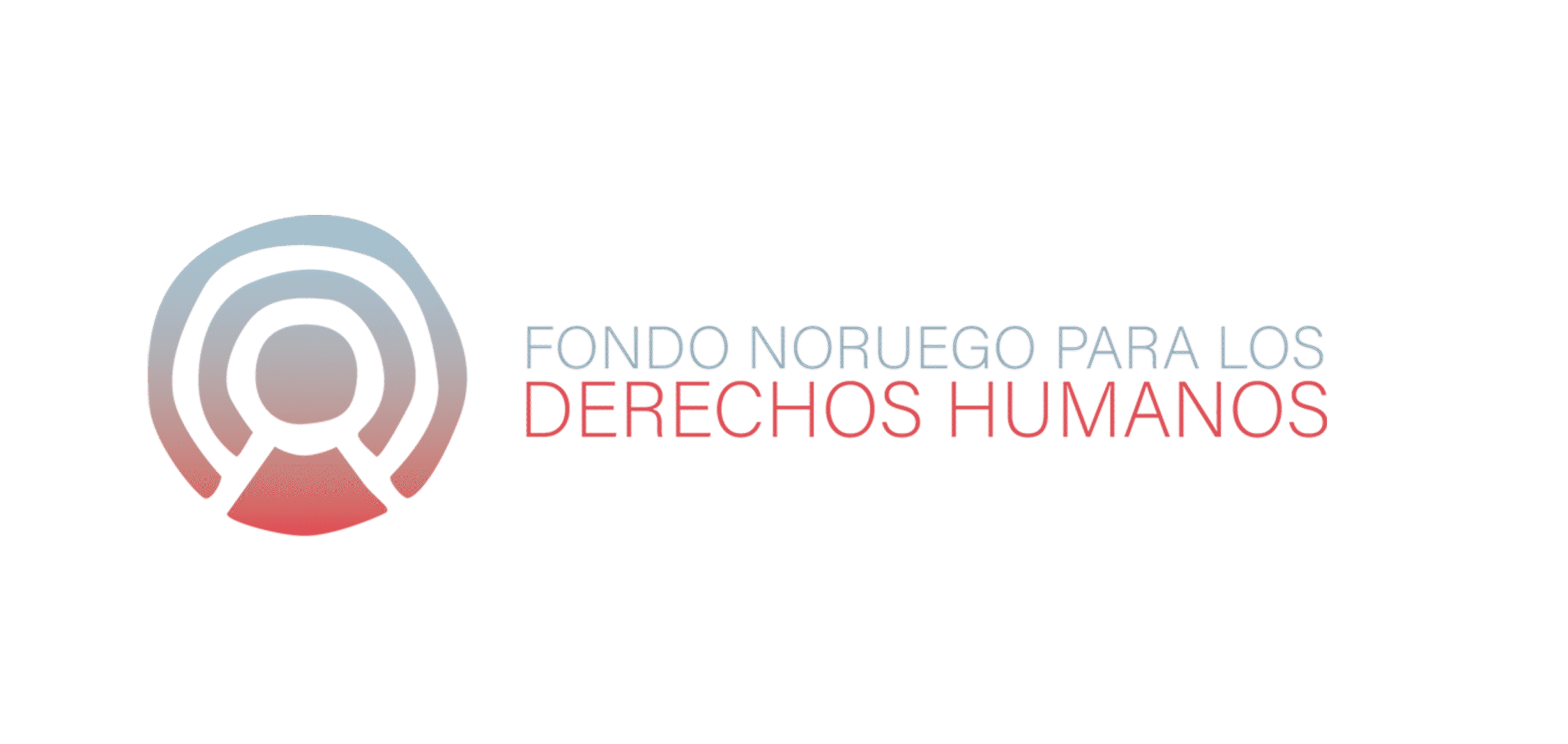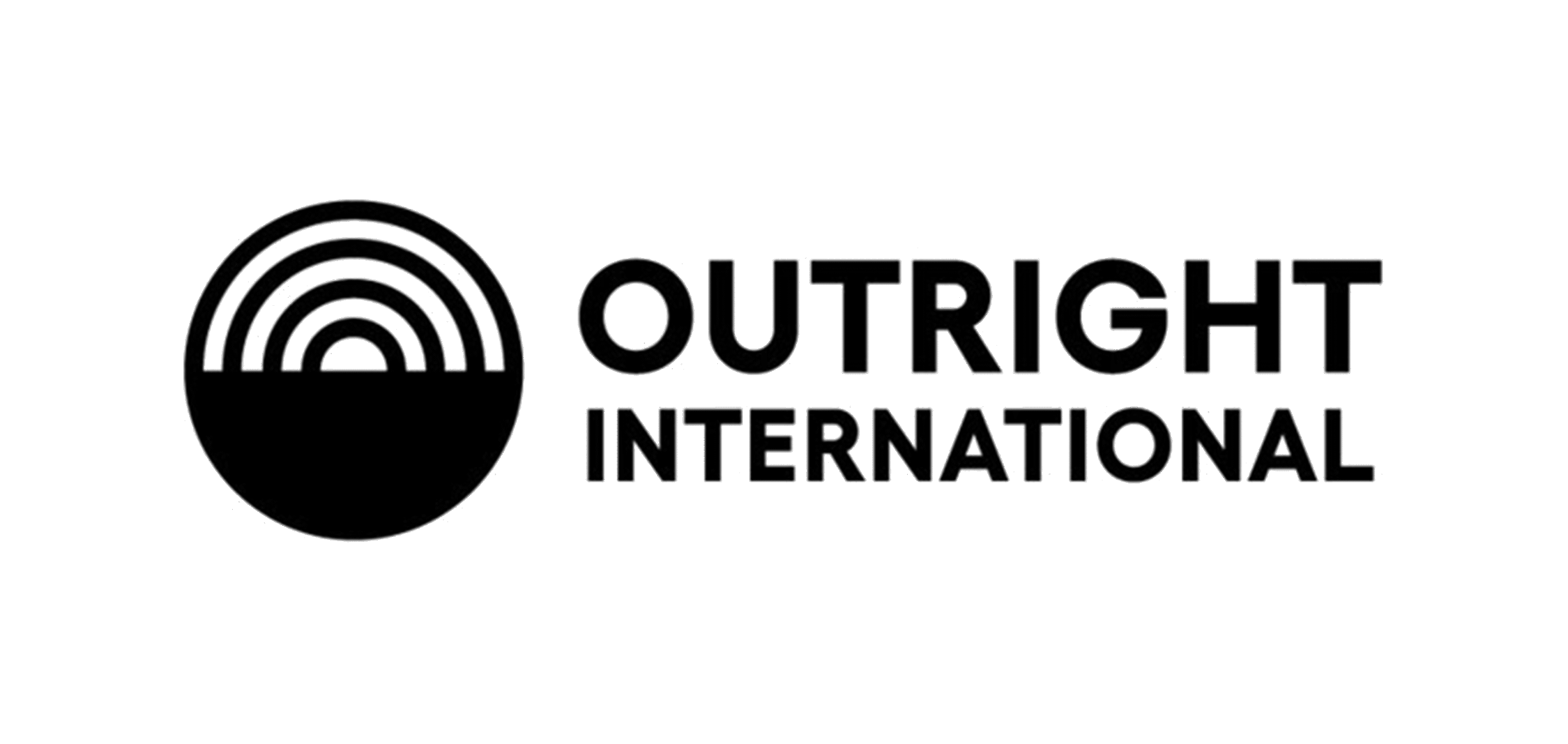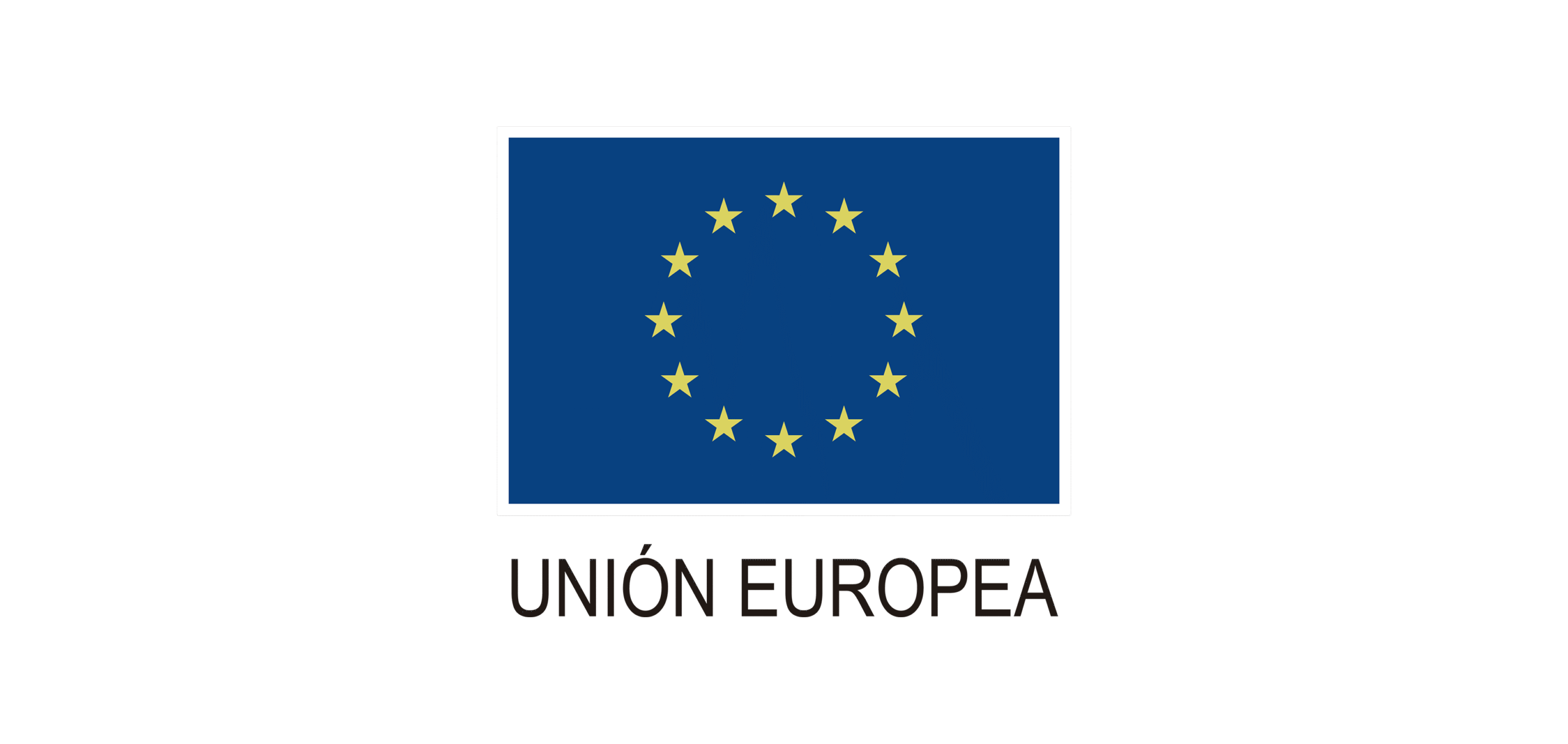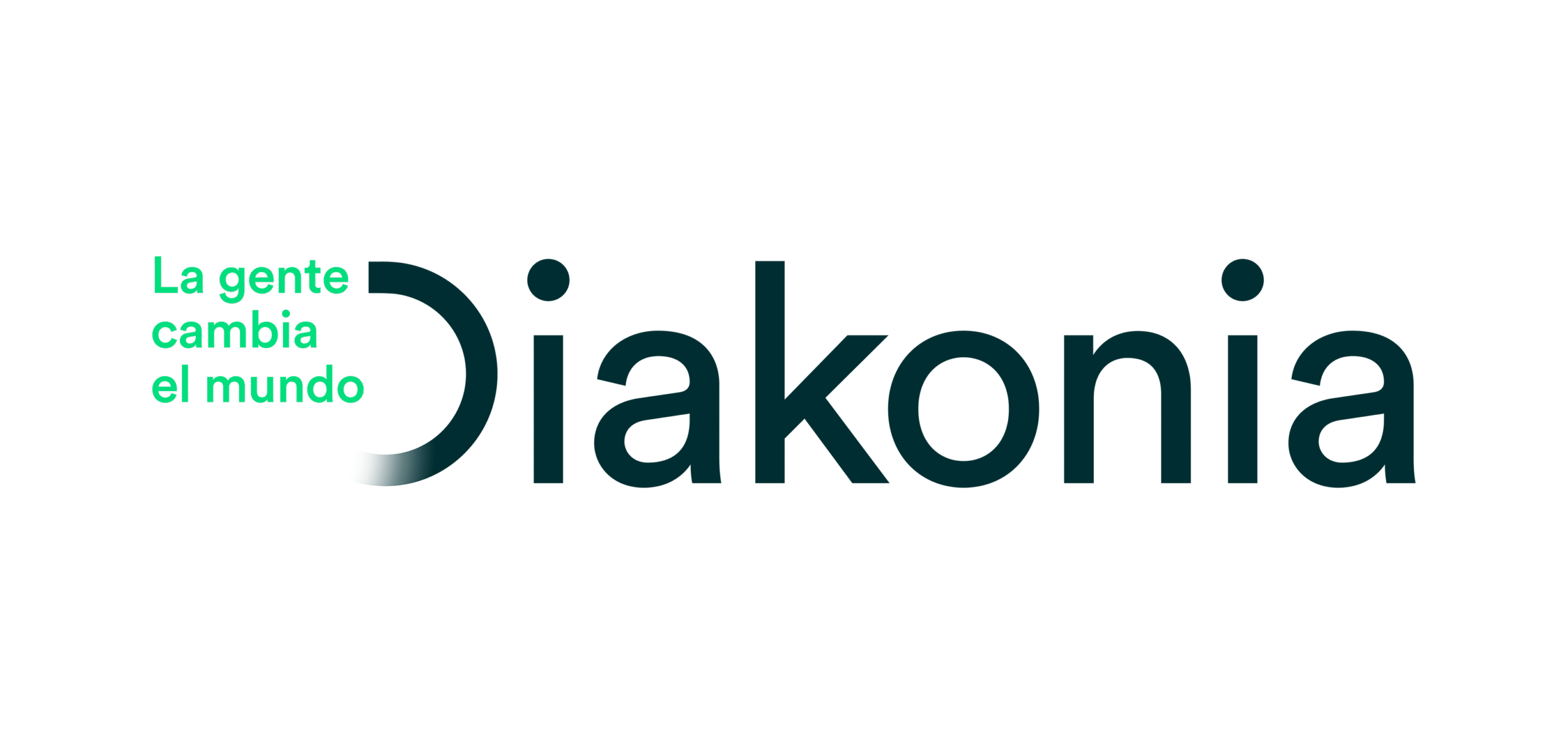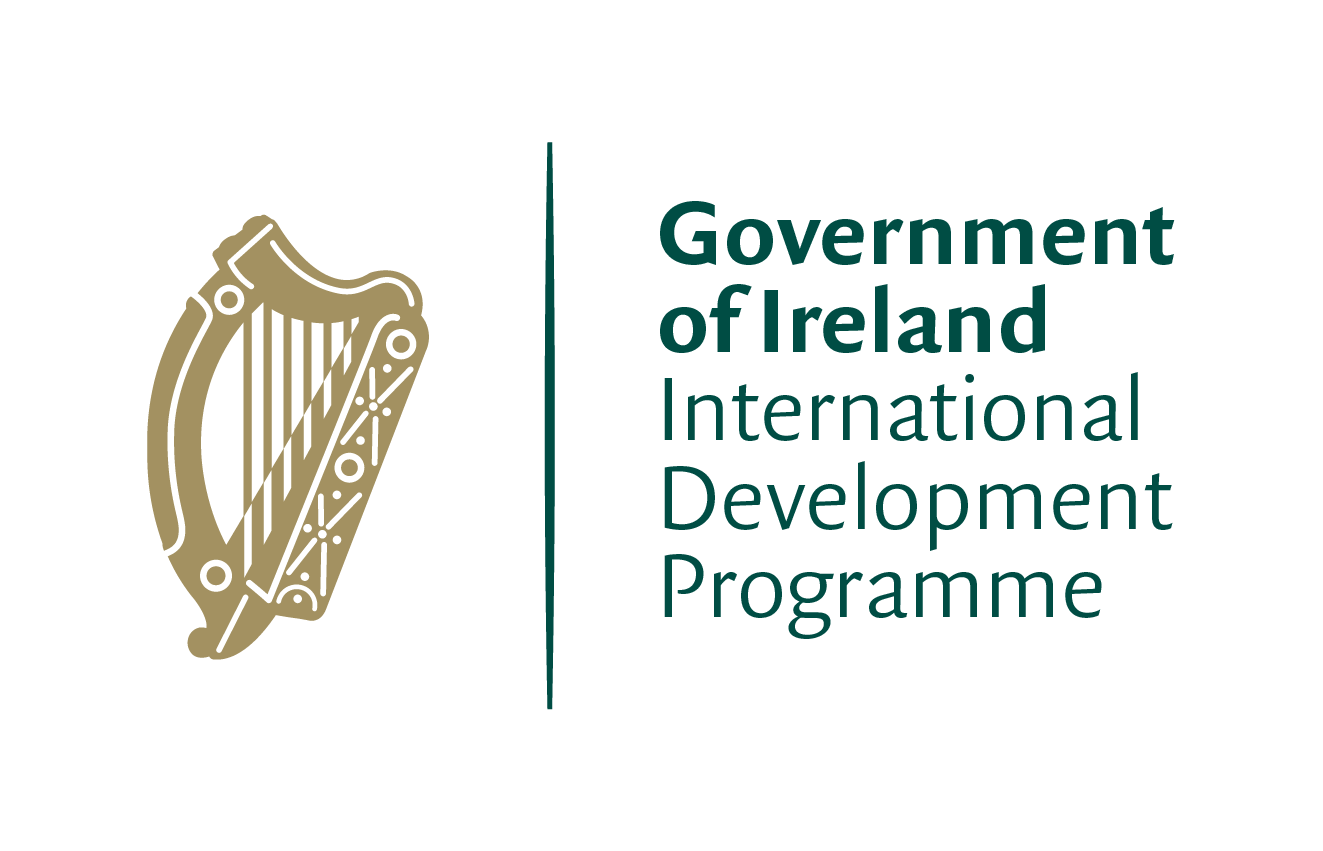There are many questions that LGBT people are asking themselves in these days of pandemic and social isolation. Dejusticia, Sentiido and Colombia Diversa gathered the most frequent ones and answered them one by one. First installment.
In January, when the media began to talk about the "coronavirus or flu in China", it was seen as a distant issue or a harmless virus that would remain on the other side of the world. That all changed as the number of victims of COVID-19 was reported daily, and even more so on 6 March, the day the virus was reported to have arrived in Colombia.
Overnight, a compulsory quarantine was decreed in the country as of 20 March, as well as the suspension of classes in schools and universities, the closure of commercial establishments and the adoption of teleworking, among other measures.
From that moment on, many people began to live closely together with family members with whom they had previously occasionally shared their lives. In many cases, plans to come out were left up in the air and family arguments ensued which, in some cases, have escalated into physical or psychological violence. Loss of privacy also increased, especially affecting those who are not openly LGBT, as well as the difficulty for trans people to access hormone treatment and, in general, the health care system.
Thus, what was initially seen as a nightmare that would soon pass, became part of everyday life. All this has led to situations that need psychological, legal and medical support and counselling. For this reason, Dejusticia, Sentiido and Colombia Diversa gathered the main questions that many LGBT people are asking themselves these days and we answered them one by one:
Covid-19, LGBT people and emotional well-being
Carolina Herrera, clinical psychologist at Liberarte - a psychology organisation for LGBTI or sexually diverse people - answered the most frequently asked questions from LGBT people about psychological support and emotional well-being in times of pandemic and social isolation (Cell. 311 257 9743).
Despite talking to friends through networks and other platforms and spending my quarantine with part of my family, I have a permanent feeling of loneliness, is this normal?
It is natural that the moment we are living through triggers psychological, mood and even physical changes. In the wake of the pandemic and quarantine, many people have had difficulty sleeping, changed their eating routines and lost self-care practices.
There are also those who feel distant from friends, school or university colleagues, work colleagues and some family members, and those who, on the contrary, perceive the people with whom they share quarantine as being too close.
"All this is the result of the situation of confinement we are in and not knowing what is going to happen".
There are many LGBT people who before the pandemic had lost some of their attachments because of their sexual orientation, gender identity or for other reasons, and what this situation did was to increase that feeling. This is not to say that nothing should be done, especially if the person notices changes in their mood or if there is a recurring sense of loneliness. These are warning signs that make it necessary to connect with others, even emotionally.
Is it worth seeking out virtual networks or support groups so that I don't feel alone?
The first step is for the person to establish what they are looking for in these groups or what their need is at the moment. It may simply be to chat for a while with people with similar interests, hobbies or experiences. In these cases, the ideal is to look for groups with these characteristics on social networks.
There are other people who are looking for deeper contact, emotional support to talk about their feelings and even establish a friendship. In social networks there are also more closed groups with these characteristics. Now, if you do not find the group you want in your search, you have the option of creating it and sharing it so that more people can join.
I was ready to come out of the wardrobe but I feel that this is not the right time to do so. Should I wait?
Once all this started, many people thought it was a bad dream that would soon pass and they could go on with their lives. But little by little they have come to understand that rather than a nightmare, it is a virus that is transforming social dynamics and awakening uncertainty and impotence at the same time.
That is why the idea of "I am going to pause my life waiting for all this to happen", including, in this case, coming out of the wardrobe, no longer works so well, because it is not clear to us what is going to happen. There are indeed plans that will probably have to be postponed, but we also have to find a way to adapt to this new life, with the current conditions.
In the majority of recommendations for coming out of the wardrobe, it is not advisable to take this step on special dates such as Christmas or New Year. The idea is to avoid situations like the one we are living through. But the current pandemic will take time, so it is important to change the perspective to evaluate, in each particular case and with the changes that this situation is bringing, whether or not it is advisable to come out of the wardrobe.
"A careful assessment has to be made taking into account the current situation in order to make the decision whether or not to come out of the wardrobe".
It begs the question, with the pandemic and the isolation, what the new risks might be. These include, for example, not having the same possibility to go out and see friends and to seek allies in person to mediate the situation if coming out becomes tense.
It is to assess how much stress there is, whether it will have any benefit or a good prognosis or whether there are reasons to think that it is worth waiting a bit, but contemplating that the isolation may take much longer. This is different from saying: "I'm going to wait until my mum gets over the flu and then I'll tell her", but the current situation is more complex and impacts the life not only of the person who is thinking of coming out but also of his or her family.
I am in the wardrobe and, because of the confinement, my parents and siblings are more aware of my conversations, which makes me uncomfortable. What can I do?
Most likely at the beginning of the quarantine, everyone started to be abruptly at home in their respective activities, but after the first week this became a problem for many, especially for those who have not shared some aspects of their identity or life with their family.
Moreover, in the current situation, sometimes ties are too tight, and can prevent those spaces of privacy that most human beings need. In some cases this is complicated by the fact that they are spending 24 hours together in confined spaces.
Even so, ways should be found to open up these spaces if the person feels they need them and does not want to discuss their sexual orientation or gender identity with their family or have their conversations with friends or partners overheard. The person can talk to their family to negotiate some moments of privacy. It is important to put on the table with those you are living with that being in confinement does not mean that everyone has to be in one place in the house doing one activity at the same time.
I am an openly LGBT person but this is a difficult issue in my home and now, with the quarantine, it has become more complicated. What can I do?
In no scenario, not even in the current quarantine, can situations of psychological, physical or any other kind of violence be justified or allowed to pass. The situation must be stopped. For this, the person can seek help, including legal help, if necessary. It seems that some people think that at the moment LGBT discrimination issues are not important because there are other more relevant issues "because of the pandemic", but this is not the case.
The person needs to identify alternatives to stop the situation. These can be conversation strategies to express up front that those comments that have increased in the quarantine period hurt and make them feel bad. This is an opportunity to talk about issues that were previously difficult to address because of the speed and routines of each person. In contexts where this is not possible, external, legal, family or social help should be sought.
I'm feeling very bad because I can't see or share myself with my partner. What do I do?
For many LGBT people, their partner is their closest link or even the only one that really gives them genuine support and acceptance. It is natural that if the person is not seeing their partner they miss them, the important thing is to make alternatives that will help while they can see each other again.
"There are emotions that we have to learn to navigate so that they don't cause a strong conflict in the relationship.
At the moment, face-to-face contact is not possible, but many couples are using video calls to give and receive affection beyond words. They also go on virtual dates or meet for a drink or a bite to eat. In other words, not just to chat for a moment but to spend time together in leisure activities.
I am a trans woman and the confinement has been painful because my family makes fun of my clothes and the way I groom myself. What can I tell them?
Psychological violence or teasing and dismissive or ironic comments about gender expression or gender identity must stop. One option is to talk to the family, expressing that these comments hurt and affect them. If the main conflict is with either or both parents, seek mediation and support from other allies to highlight this violence, which may seem subtle to some people but which has a profound impact.
The idea is, through such mediation, to create deep conversations where parents understand that they should refrain from making such comments because the other person deserves respect. If this does not work, seek outside help, legal help, from other family members or allies who can intervene. Such situations should not be allowed to go unchecked.
I was not used to spending so much time with my partner and I feel that this situation can wear down our relationship, what can we do?
It is a fact that many couples have been forced to live in a closeness that they did not have before. One thing that works is to put the issue on the table, talk about it, and have each partner express their needs. I mean, for example, agreeing to spend time in separate rooms to create distance at certain times.
When this is not possible, use headphones to be with yourself and not be interrupted. You can also plan which activities to do together and which to do individually. This helps so that there is not a commitment that because we are a couple at home, we have to do everything together: cooking, eating and exercising, but that you can allow each other moments where everyone has their own space and not only at work but also in the rest time, in each other's free time. So, if someone wants to read, let there be respect for that time.
These are strategies for graduating closeness and distance so that there is not that overexertion of being connected to the partner all the time because that was most likely not the bond they had before the quarantine.
How can I support other LGBT people who are not having a good time?
The situation we are living in has shown that there are many people who want to put their personal resources at the service of others, not only as a way to help but also to feel useful, to protect their mental health and to be connected as human beings and as a society.
The thing is that often when we want to help we don't think about the people next to us, but we can start with the family members we are living with or with a neighbour who has financial, emotional, health or family concerns. It can be very useful to donate resources, offer emotional or practical support such as helping them with their daily tasks.
The first thing is to identify the tools or strengths that the person who wants to help has at the moment, such as time, economic resources or being able to go out on the street more easily than certain populations. There are people who have created a group of WhatsApp of your building or your set or with other LGBT people to stay informed and connected. It may seem like a small action but it is powerful because it creates connection. Joining forces is a resource that most LGBT people already have because they have been doing it for a long time, in struggles they have lived through, and now it is possible to use.
The absence of hugs and physical contact affects me a lot, how can I replace them?
This is one of the highest costs of this situation because unfortunately there is no way to replace this contact completely. But it does help to have deep emotional connections even if physical contact is not possible. It is also good to know that there are many ways to embrace another person. At this point it will not be with the body but in the way we interact. We can express what we feel in words more often.
Free mental health hotlines
192, option 4
Sergio Urrego Foundation: 3117668666
Colombian College of Psychology: 3022907493
Diverse line: 3108644214
Family Commissariat Line: 3808400 (Bogotá)

